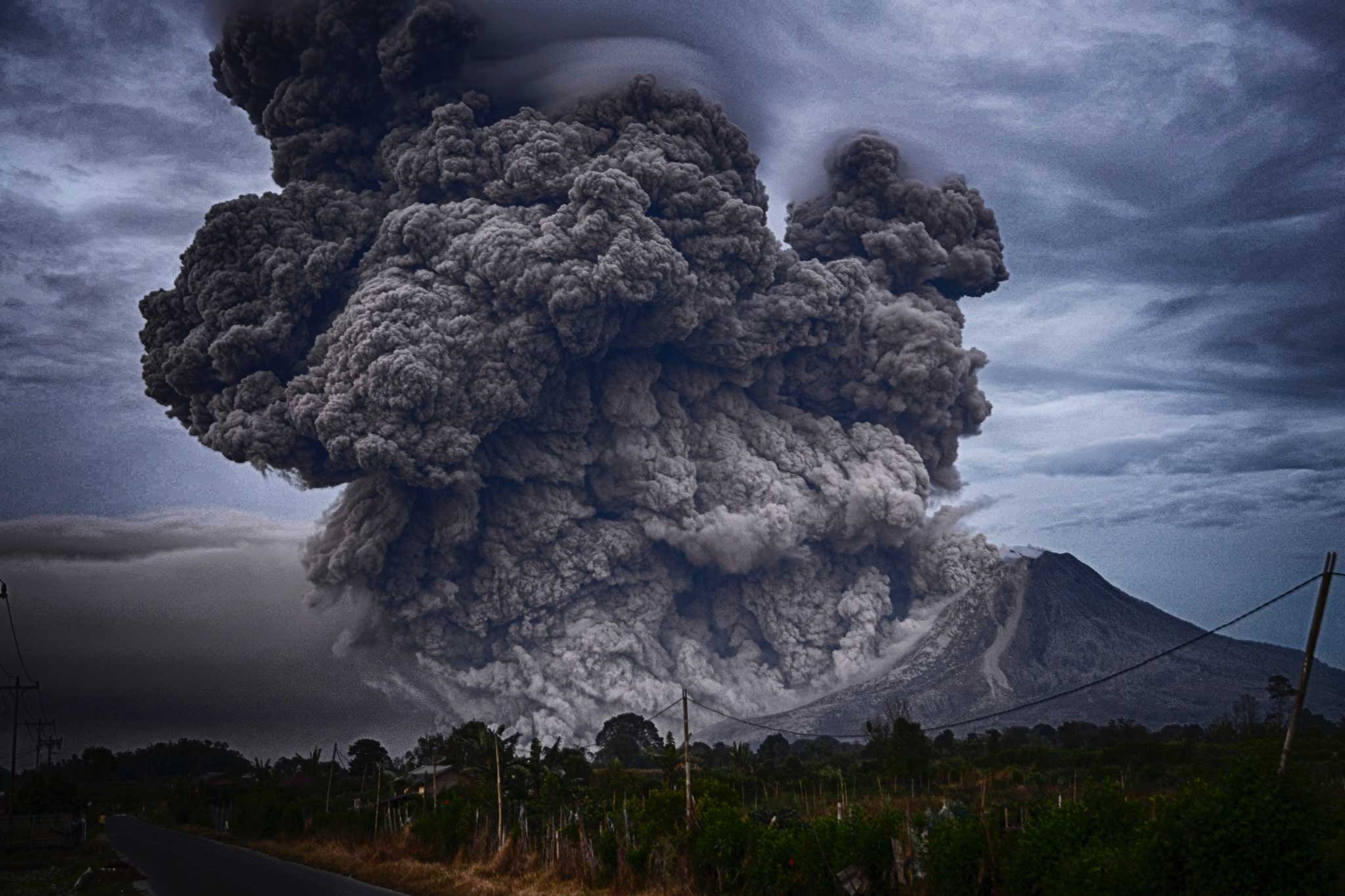5 reasons why ecosystems are central to disaster risk reduction
Given the current climate crisis that the world is living, there are many different efforts that a variety of international institutions are making to let know humanity about the importance of achieving a balance between economic development and the protection of natural resources.
In this line, the International Union for the Conservation of Nature (IUCN), published a brief statement, where they highlight the importance of the health of the planet’s ecosystems, in order to reduce risks for human populations regarding natural disasters.
Human well-being depends on ecosystems that provide multiple livelihood benefits. They also increase the resilience of vulnerable people to withstand, cope with and recover from disasters resulting from hazard events such as droughts, hurricanes, earthquakes and others.
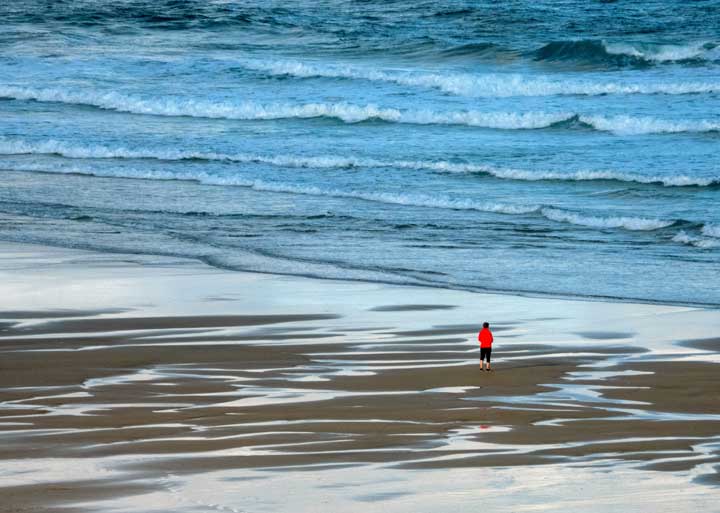
Nick Fewings/Unsplash
Ecosystemic services is a concept that many researchers, biologists and conservationists are trying to elevate to the trending topic category. This services, provided by all natural life, like birds, mammals, insects, trees and micro fauna, are essential for the survival of the different species that inhabit planet Earth.
According to an article published D+C, “planet earth’s ability to sustain life depends on biodiversity.” Without the different species that help polinized plants and trees, “hunger would spread further, and eradicating it as envisioned in the UN’s first Sustainable Development Goal (SDG 1) would become even more difficult”.
In 2020 nearly 10% of the world population faced hunger in 2020, while 12% faced severe food insecurity, this according to estimates of the UN Food and Agriculture Organization (FAO). All of this have a major negative impact on the people’s health, putting a huge portion of humans in danger of survival if we don’t stop biodiversity loss.
Ecosystems such as wetlands, forests, and coastal systems can provide cost-effective natural buffers against natural events and the impacts of climate change.
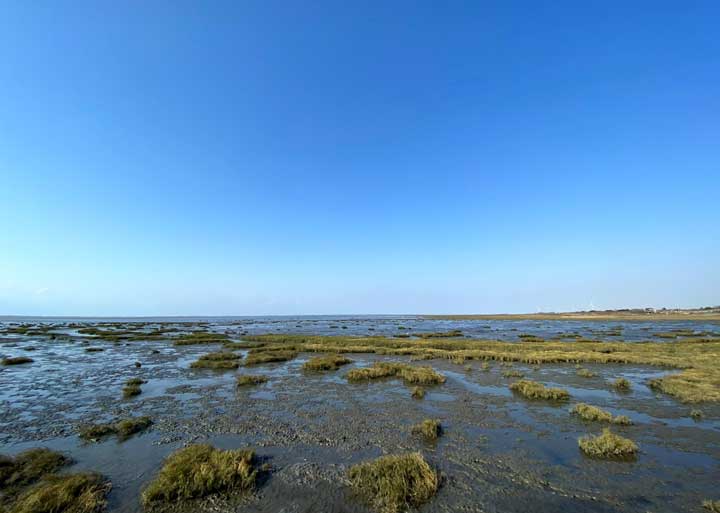
Fornik Tsai/Unsplash
Food, clean air, energy for themselves, shelter for other life systems. Trees are really important to reduce the impacts of climate change. However, as the levels of carbon dioxide (CO2) rises, the capacity of trees to capture it is reducing, cutting short their lifespans, and elevating the risk of oversaturate the planet with these greenhouse gases that will change the planet’s weather for good (at least on a human lifespan point of view).
Recent studies state that it is needed a reforestation of 900 million hectares of land, to capture more than 205 billion tons of CO2, about two thirds of the carbon that humans have already put into the atmosphere. Though, the best way to reduce the levels of CO2 will always be the use of alternative fuel sources, that seems unlikely in the times we live in.
Healthy and diverse ecosystems are more resilient to extreme weather events.
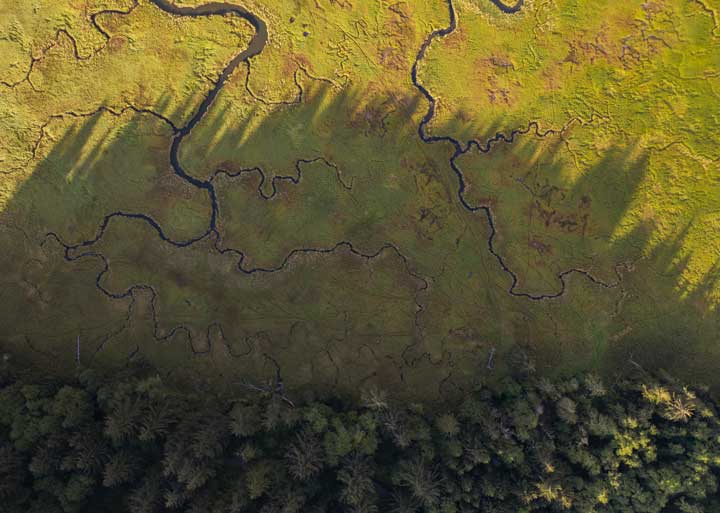
Dan Meyers/Unsplash
The protection of marine and coastal systems is really important to avoid major catastrophes for the coastal populations. Due to the rise of sea levels, mangrove systems are vital to reduce the impact of hurricanes and tropical storms.
In Guatemala, the Wildlife Conservation Society (WCS), is working hard with state and municipal authorities to extend marine protected areas in this Central America country, specially in the Pacific coastline. Recently, they have executed two projects aimed to highlight the importance of community participation in the conservation of the ecosystems of the area. One was a mural painted outside the elementary school, in the main street of El Paredón, a highly touristic place in Sipacate, in the Pacific coast, and a capacity building program aimed to prepare locals to become, both, bird and tourist guide experts.
Ecosystem degradation, especially when related to forests and peatlands, reduces the ability of natural ecosystems to sequester carbon, increasing the incidence and impact of climate change and climate related disasters.
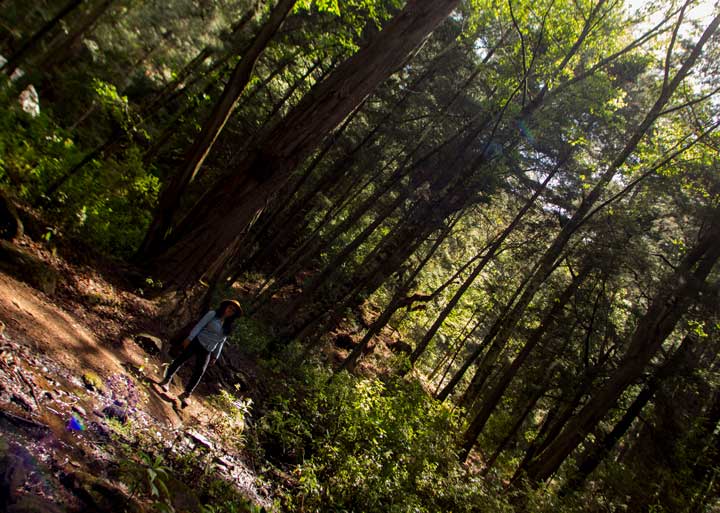
Jorge Rodriguez/Viatori
The United States Congress is debating a new law, that will pay farms that work on capturing carbon. This is a new solution based on research made by scientists of the University of Standfor, who seek climate change solutions in the agriculture productive sector in that country.
The Growing Climate Solutions Act promises billions of dollars for climate-smart agriculture practices, such as planting cover crops to reduce erosion and sequester carbon. The bill highlights farming’s potential as a climate change solution, as well as the challenge of controlling the sector’s growing greenhouse gas emissions.
Studies made by Kevin Douglas, Provostial Professor of Energy and Environment in Stanford Earth, have shown that “global emissions of nitrous oxide increased by 30 percent over the past four decades due mostly to large-scale farming with synthetic fertilizers and cattle ranching, and that well-managed soil’s ability to trap carbon dioxide is potentially much greater than previously estimated”.
Human conflicts can cause devastation to communities similar to the effects of natural hazards and are often caused by competition over scarce natural resources. These conflicts cause further environmental degradation. Environmental management is therefore essential to both decrease risk of conflict and allow post-conflict recovery.

Spenser Young/Unsplash
In a recent statement, the Human Rights Council of the United Nations, recognised for the first time, that having a clean, healthy and sustainable environment is a human right. This may be an important step for humanity to fight against the climate crisis we live right now. At the same time, through a second resolution, the Council also increased its focus on the human rights impacts of climate change by establishing a Special Rapporteur dedicated specifically to that issue.
“Bold action is now required to ensure this resolution on the right to a healthy environment serves as a springboard to push for transformative economic, social and environmental policies that will protect people and nature,” said Michelle Bachelet, UN High Commissioner for Human Rights.
The new resolution acknowledges the damage inflicted by climate change and environmental destruction on millions of people across the world. It also underlines that the most vulnerable segments of the population are more acutely impacted.
Because of that, several civil organizations of all over the world, signed a public petition to ask for more proactive actions by the governments, to stop the current climate crisis.
